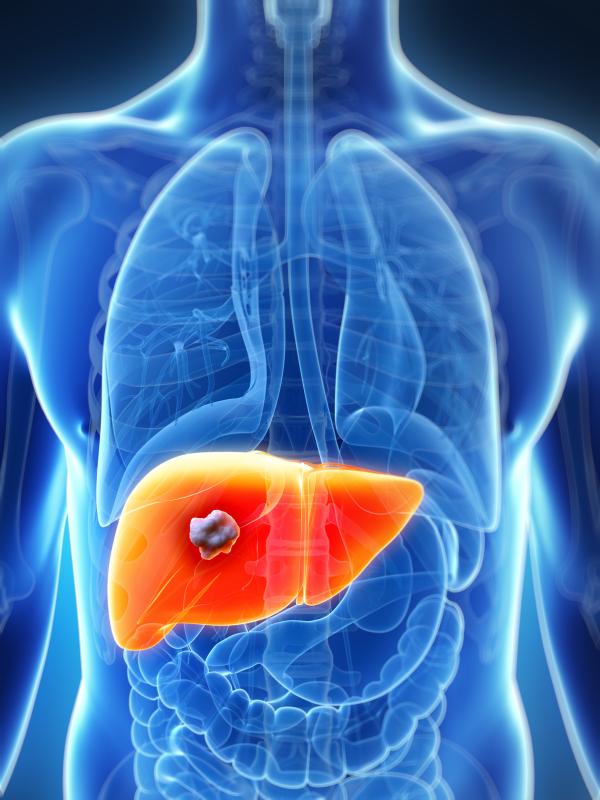
Metabolic syndrome (MS) and its components contribute to an increased risk of developing hepatocellular carcinoma (HCC) in individuals with hepatitis B virus (HBV) infection, a study has found.
The study included 6,564 patients (mean age, 45.4 years; 67.9 percent male) with HBV infection in mainland China. Of these, 780 had cirrhosis (11.9 percent), 400 had diabetes (6.1 percent) and 756 had MS (11.5 percent).
Eighty-nine patients developed HCC during 45,668.0 person years of follow-up (mean, 76.0 months each). MS as a whole was associated with a twofold higher risk of HCC (hazard ratio [HR], 2.25, 95 percent confidence interval [CI], 1.41–3.60) in multivariable Cox regression models adjusted for age (in 1-year increments), gender, cigarette smoking, alcohol consumption, liver cirrhosis and elevated aspartate aminotransferase levels (≥40 U/L).
Meanwhile, the risk estimates for HCC in patients with ≥3 or 1–2 MS factors were 2.12 (95 percent CI, 1.16–3.89) and 1.28 (95 percent CI, 0.74–2.22), respectively, relative to those without any metabolic factors.
Central obesity and type 2 diabetes were also associated with a significant increase in HCC risk, although this association was not observed in obese patients (body mass index, ≥30 kg/m2).
The findings suggest that MS is a feasible and sensitive predictor of HCC, given its higher prevalence over diabetes in the Chinese population with HBV infections, according to researchers. This underscores a need for better management of metabolic factors and unhealthy lifestyles, including weight reduction and cigarette cessation/alcohol abstinence.